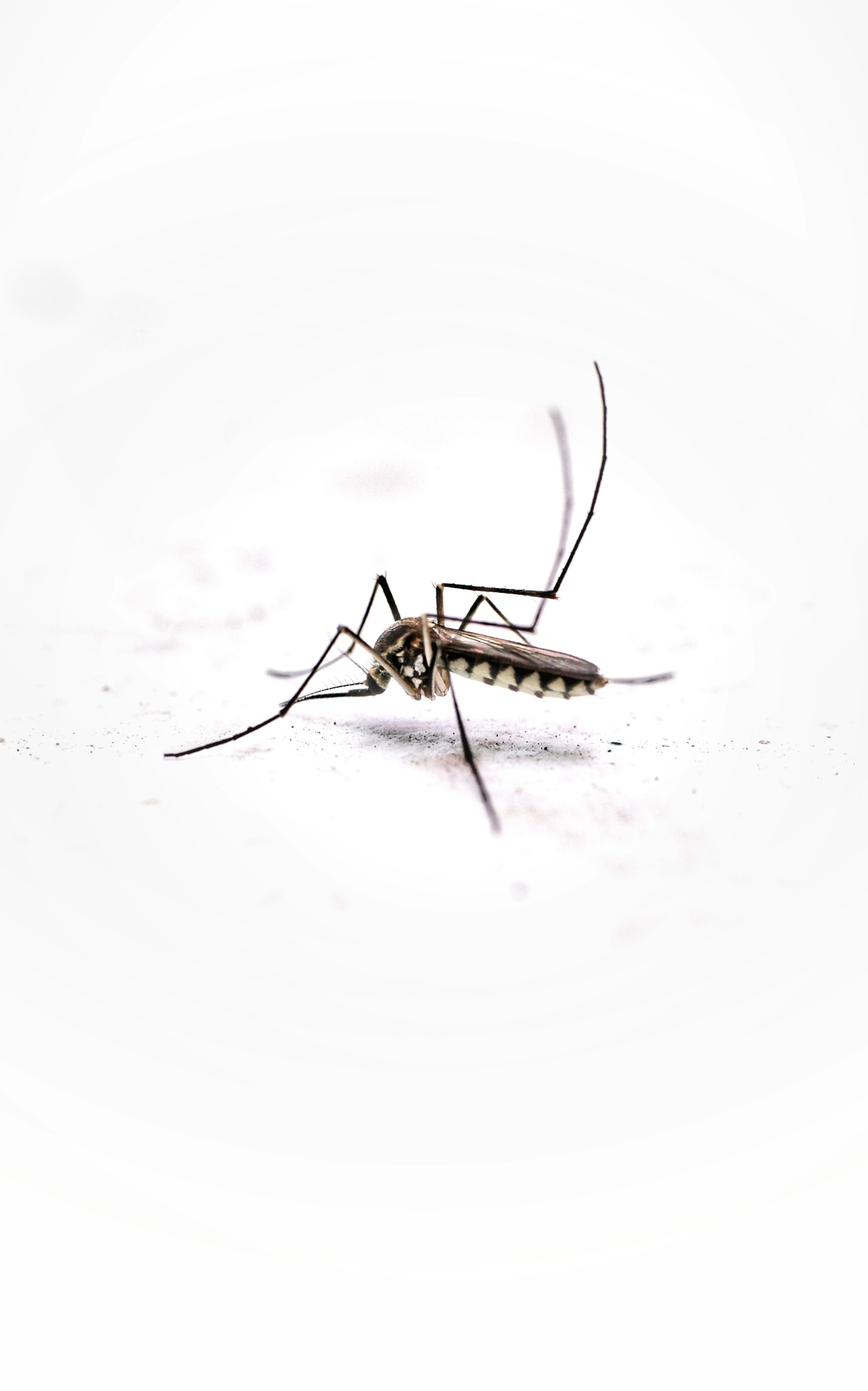The UK Health Security Agency’s advisory on mosquito-bite precautions is not just seasonal guidance; it is a signal about where travel risk and public health preparedness intersect. Through a capital and policy lens, the important data points are straightforward. England has recorded a sharp increase in travel-associated chikungunya—73 cases between January and June 2025 versus 27 in the same period of 2024—primarily linked to trips to Sri Lanka, India and Mauritius, where outbreaks are ongoing. At the same time, the UK has identified its first imported cases of oropouche virus, with three travellers returning from Brazil testing positive during the first half of the year.
For policymakers and institutional risk managers, the immediate read-through is twofold. First, travel patterns are re-normalising at a pace that outstrips health-screening awareness, and second, vector-borne disease risk is no longer geographically siloed. UKHSA’s own public guidance has begun to foreground vectors and destinations—including parts of Europe—where mosquito-borne infections are now a credible holiday-season risk, reinforcing the need for resilient prevention protocols rather than reactive advisories. That shift in emphasis is consistent with the agency’s recent disease-specific briefings, which underscore clinical features and incubation windows for both chikungunya and oropouche and—critically—how to avoid exposure in the first place.
This is not a panic narrative. Chikungunya typically presents with sudden fever and joint pain, sometimes prolonged, and serious complications remain uncommon. Oropouche tends to be self-limiting and influenza-like, though rare neurological complications are documented in outbreak literature. The macro point is that even when case severity is moderate, the system costs are not. Public health laboratories absorb testing loads, local clinics manage returning travellers, and insurers confront an uptick in claims linked to urgent care visits abroad and post-travel consultations at home. In peak season, that operational friction scales quickly.
From a market-exposure perspective, the advisory lands squarely on the UK–Europe–Indian Ocean travel corridor. Airlines and tour operators have already priced currency, fuel and demand variability into their seasons; vector-borne health risk adds a softer but material variable. The more health authorities and travel media amplify basic prevention—repellents, protective clothing, and treated nets—the more the sector can limit disruption without heavy-handed restrictions. UKHSA’s communications have been explicit on those non-pharmaceutical measures, which travel firms can integrate into pre-departure touchpoints without cost blowouts.
Insurers and corporate travel programs should treat the UKHSA chikungunya warning as a signal to refresh coverage language and pre-travel checklists rather than overhaul benefits. Where evidence points to concentrated country clusters—as with Sri Lanka, India and Mauritius in the current data—underwriting can strengthen targeted advisories and condition coverage on simple mitigations instead of price hikes that penalise the broader pool. For large employers with international mobility, the operational response is low-drama: align travel briefings with UKHSA’s disease pages, ensure access to appropriate repellents on arrival, and confirm that travellers know when to seek care if fevers develop within a week of return.
The surveillance dimension matters for fiscal planning. Imported cases are a manageable burden when detected early, but they test the agility of local health systems and information flows across borders. UKHSA’s publication cadence—combining a data release on travel-associated infections with rapid-turn blog explainers—suggests a posture that blends public guidance with technical signalling to clinicians. That is policy-relevant: it reduces noise, shortens diagnostic delays, and preserves hospital capacity. It also creates a transparent reference for travel operators and insurers to cite, limiting the proliferation of ad-hoc rules at the airport gate or hotel desk.
There is a climate overlay that should not be overinterpreted but also should not be ignored. Health authorities now routinely acknowledge that vector ranges are shifting, which is why they flag “some European destinations” in their prevention advice. For capital allocators in travel infrastructure—airports, ports, hospitality—this argues for modular readiness rather than capex-heavy redesigns: better staff training, clearer guest communications, and procurement of basic prevention supplies for high-season hotspots. The pay-off is operational continuity without signalling alarm.
In short, the latest numbers are a health story; the response is a systems story. Treat the UKHSA chikungunya warning as an opportunity to tighten the interface between public guidance and private-sector operations. The objective is not zero risk—unrealistic for global travel—but predictable, well-communicated mitigation that keeps demand intact while preserving clinical capacity at home. If the summer of 2025 is any guide, policy clarity and travel-sector pragmatism can coexist; the signal is caution, not retreat.













-2.jpg&w=3840&q=75)

